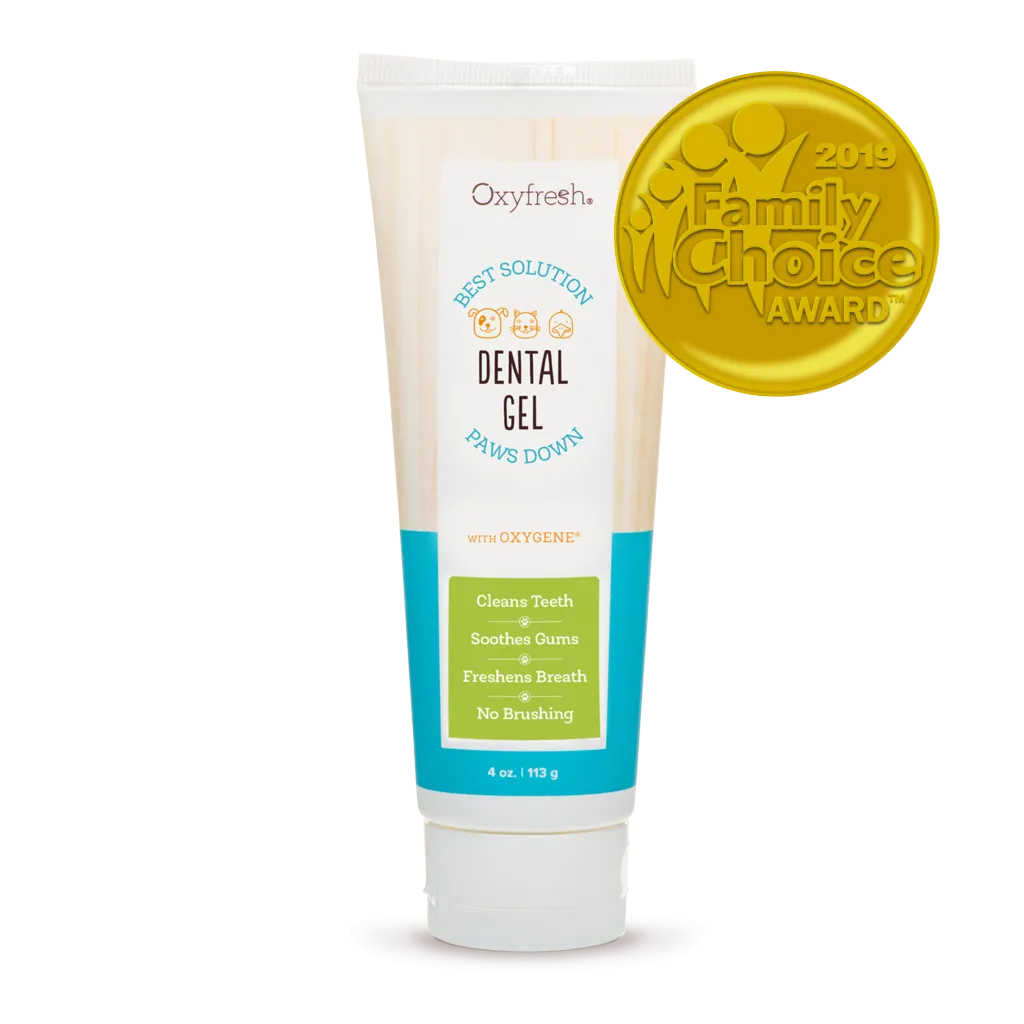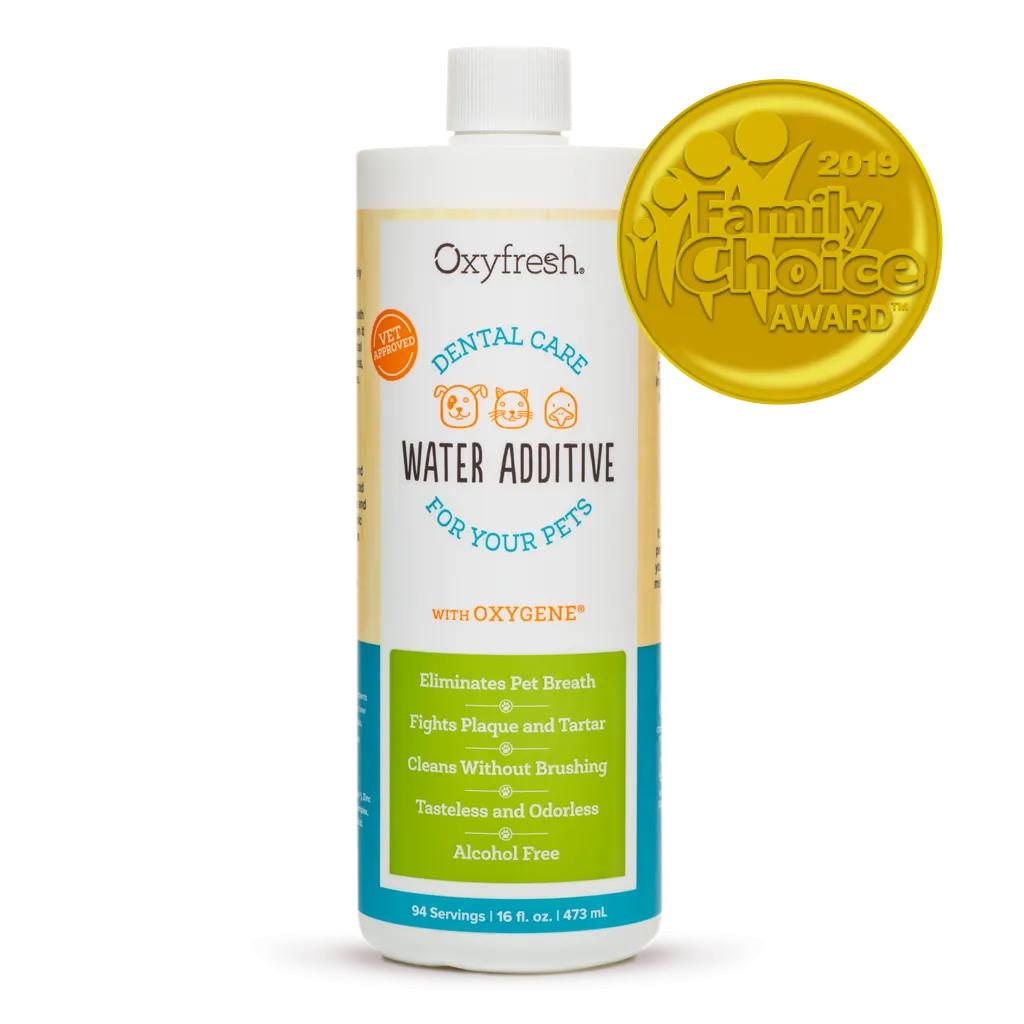
Dental Care
Before & After

When is the last time you looked in your dog or cat’s mouth? Your pet’s teeth can affect how long your pet lives and the quality of their life.
Why should I care?
1. Diseased teeth hurt! If you ever have had a toothache, you know how miserable that can make you feel. Our pets can’t tell us what is going on, so regular dental exams and monitoring for problems are very important. Remember that most pets will eat normally even with severe dental disease.
2. Dental disease can turn into abscessed teeth, infected bones, and even cause jaw fractures. Preventative care is better for your pet and easier on your wallet!
3. Dental disease affects a lot more than just the mouth! Bacteria that build up around plaque get into the bloodstream and go to organs like the heart, kidneys and liver.
A few things to remember
1. Teach your pet to enjoy brushing! Getting your pet used to daily dental care early on in life will make it a habit you can maintain.
2. Each animal is different. Some pets need professional cleaning and treatment as often as every 3-4 months. Some can be maintained for longer on home care only. In general, small dogs have worse problems with dental disease, but large dogs can have problems too. Cats are prone to painful resorptive lesions that can significantly affect their quality of life until those teeth are extracted. As your pet ages, their need for professional dental are usually increases.
Things you can do
1. Look at your pet’s teeth – tartar build up can often be seen on the back teeth of your pet’s upper jaw. You can also spot other problems such as gingivitis (red/inflamed gums), growths and bad breath.
2. Daily tooth care:
Brushing is best, but sprays, dental treats, and chews are also beneficial. We recommend doing at least one of these things daily. Brushing must be done at least every two days to be effective in preventing plaque from turning to tartar. Products we recommend include:
Toothpaste and brushes – use only pet toothpaste like CET toothpaste. Human toothpaste often contains xylitol, which is poisonous to dogs and cats. Our website has videos demonstrating proper brushing technique. Gauze on a finger is a good way to get your pet used to tooth care, but finger brushes or pet toothbrushes can be used.
Oxyfresh Oral Hygiene Solution is a liquid which you add to your pet’s water or spray in your pet’s mouth daily. Not only does it retard the formation of plaque and gingivitis, but it helps freshen their breath as well. It has no flavor, so your pet will have no problem drinking it.
Chews/Treats (they must chew them for at least 3 minutes to be effective):
Oravet Dental Hygiene Chews are a daily treat with delmopinol, an ingredient that creates a barrier against the bacteria that lead to the formation of plaque, tartar, and bad breath.
Hills T/D Dental Diet is a high fiber, low fat diet of crunchy kibble that help remove plaque and tartar. You can feed this as a diet, but using it as daily treats is a great way for you pet to get the T/D diet. Most animals really enjoy T/D.
CET Chews – there are various types of chews to include strips, sticks, and chewies. Generally these are recommended as a daily treat.
Supplements
Dental Probiotic – Entero is a daily probiotic powder with strains of naturally occurring oral microbes that can prevent the growth of pathogenic oral microbes to support healthy teeth and gums and promote fresh breath.
PlaqueOff is a supplement powder that decreases plaque and tartar formation and helps improve good breath.
Remember: a Milk-Bone to a dog is like a candy bar to us – they taste good because they have a lot of fat and calories in them. If your pet doesn’t need the extra calories, find low fat treats that also help clean teeth.
Signs of dental problems
(and signs that it is time to see your veterinarian)
Bad Breath
Tartar buildup - Brown buildup on the teeth close to the gumline
Sore mouth
Not wanting to eat hard/crunchy foods
Change in eating habits
Pawing at the mouth
Teeth chattering
Red gums (gingivitis!)
Draining tracts in the mouth or on the muzzle
Growths on your pet’s gums or mouth
What can your veterinarian do for you?
1. Dental Exam – your Pet Medical Center veterinarian or veterinary technician is the best person to tell you if your pet needs a professional cleaning and treatment. We recommend twice yearly health exams for all pets; that way no matter what is going on with your pet, we can try to catch it early, and keep them healthy and happy for many years to come.
2. Dental X-rays – sometimes evaluating a tooth requires more than our eyes alone can tell us. Dental X-rays can catch issues and abnormalities before they become problems for your pet.


3. Professional Dental Cleaning & Treatment – dental procedures include removing tartar, scaling, polishing, and evaluating the teeth for disease. In very diseased teeth, extractions may be necessary. Unfortunately dogs and cats aren’t like people and won’t sit in the chair for us to clean their teeth, so they must be anesthetized for dental procedures.
As pets get older, they tend to have more problems with dental disease, but anesthesia is also more of a risk in an older pet. Age is not a disease, and most often the benefits of maintaining good dental health outweigh the risks involved in anesthesia. Our veterinarians can help you make the right decision for your pet, and come up with a good strategy to minimize the risks. This can involve a thorough examination, bloodwork, x-rays, and cardiac evaluation. These steps will help your veterinarian determine the best protocol to use for your pet.
BOTTOM LINE: Healthy teeth = happy pet
Make an appointment today for a dental exam at Pet Medical Center!
For more info:
The American Veterinary Dental College https://avdc.org/animal-owner-resources/
The Veterinary Oral Health Council http://www.vohc.org
AVMA : Pet Dental Care Page https://www.avma.org/public/PetCare/Pages/Pet-Dental-Care.aspx
AAHA: Dental Care https://www.aaha.org/your-pet/pet-owner-education/aaha-guidelines-for-pet-owners/dental-care/
Click below to view our Handouts














